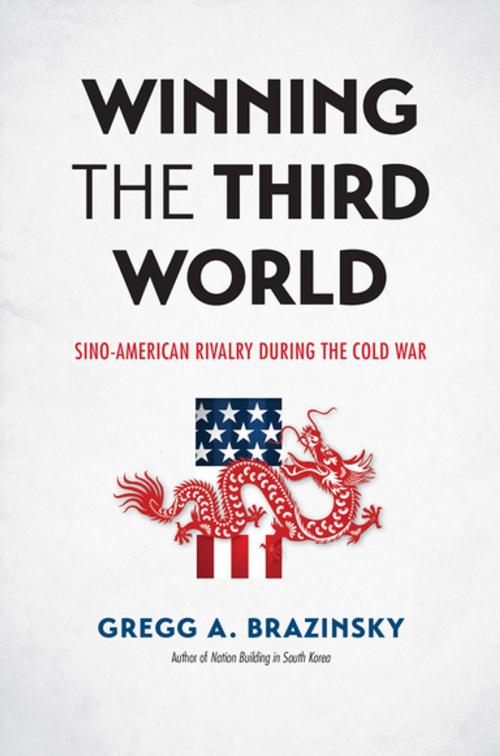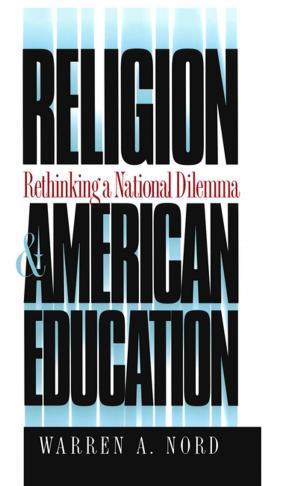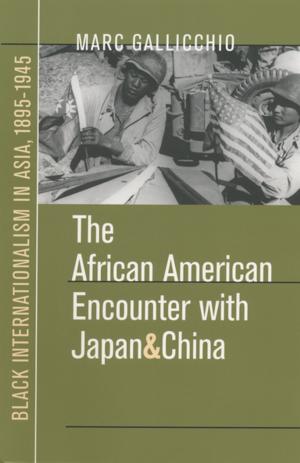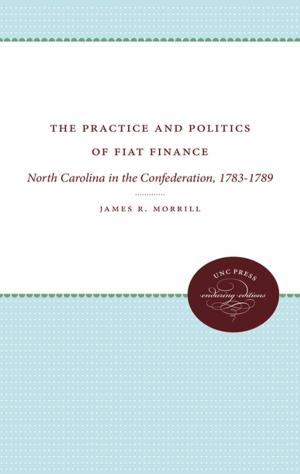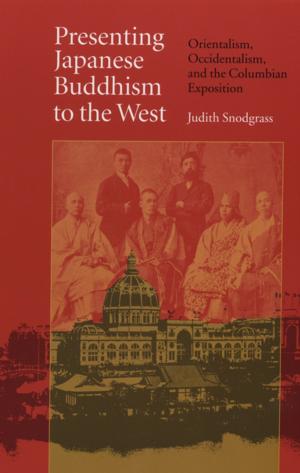Winning the Third World
Sino-American Rivalry during the Cold War
Nonfiction, History, Asian, China, Americas, United States, 20th Century| Author: | Gregg A. Brazinsky | ISBN: | 9781469631714 |
| Publisher: | The University of North Carolina Press | Publication: | February 23, 2017 |
| Imprint: | The University of North Carolina Press | Language: | English |
| Author: | Gregg A. Brazinsky |
| ISBN: | 9781469631714 |
| Publisher: | The University of North Carolina Press |
| Publication: | February 23, 2017 |
| Imprint: | The University of North Carolina Press |
| Language: | English |
Winning the Third World examines afresh the intense and enduring rivalry between the United States and China during the Cold War. Gregg A. Brazinsky shows how both nations fought vigorously to establish their influence in newly independent African and Asian countries. By playing a leadership role in Asia and Africa, China hoped to regain its status in world affairs, but Americans feared that China's history as a nonwhite, anticolonial nation would make it an even more dangerous threat in the postcolonial world than the Soviet Union. Drawing on a broad array of new archival materials from China and the United States, Brazinsky demonstrates that disrupting China's efforts to elevate its stature became an important motive behind Washington's use of both hard and soft power in the "Global South."
Presenting a detailed narrative of the diplomatic, economic, and cultural competition between Beijing and Washington, Brazinsky offers an important new window for understanding the impact of the Cold War on the Third World. With China's growing involvement in Asia and Africa in the twenty-first century, this impressive new work of international history has an undeniable relevance to contemporary world affairs and policy making.
Winning the Third World examines afresh the intense and enduring rivalry between the United States and China during the Cold War. Gregg A. Brazinsky shows how both nations fought vigorously to establish their influence in newly independent African and Asian countries. By playing a leadership role in Asia and Africa, China hoped to regain its status in world affairs, but Americans feared that China's history as a nonwhite, anticolonial nation would make it an even more dangerous threat in the postcolonial world than the Soviet Union. Drawing on a broad array of new archival materials from China and the United States, Brazinsky demonstrates that disrupting China's efforts to elevate its stature became an important motive behind Washington's use of both hard and soft power in the "Global South."
Presenting a detailed narrative of the diplomatic, economic, and cultural competition between Beijing and Washington, Brazinsky offers an important new window for understanding the impact of the Cold War on the Third World. With China's growing involvement in Asia and Africa in the twenty-first century, this impressive new work of international history has an undeniable relevance to contemporary world affairs and policy making.
